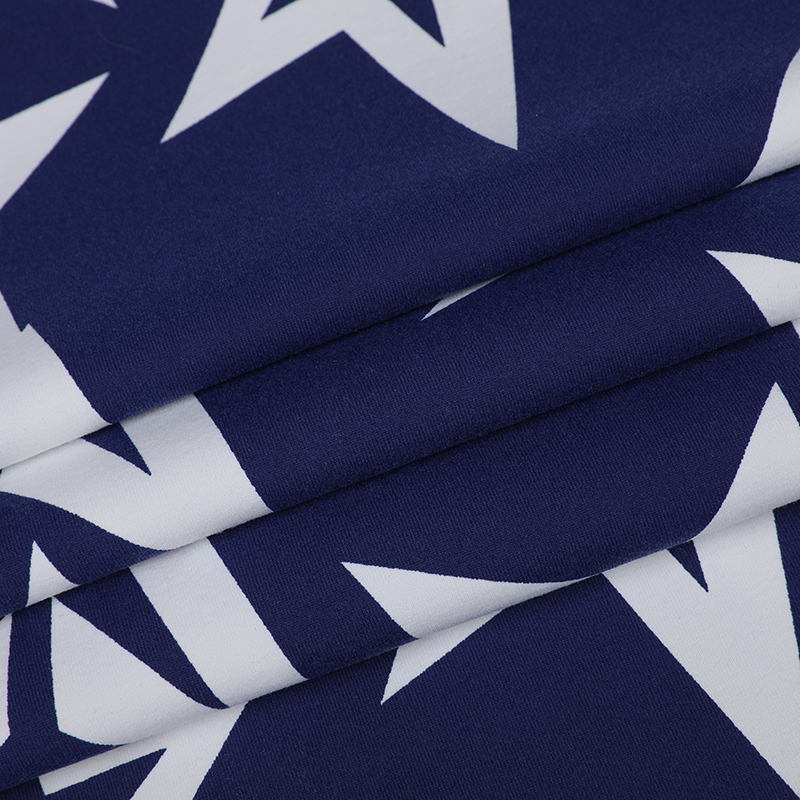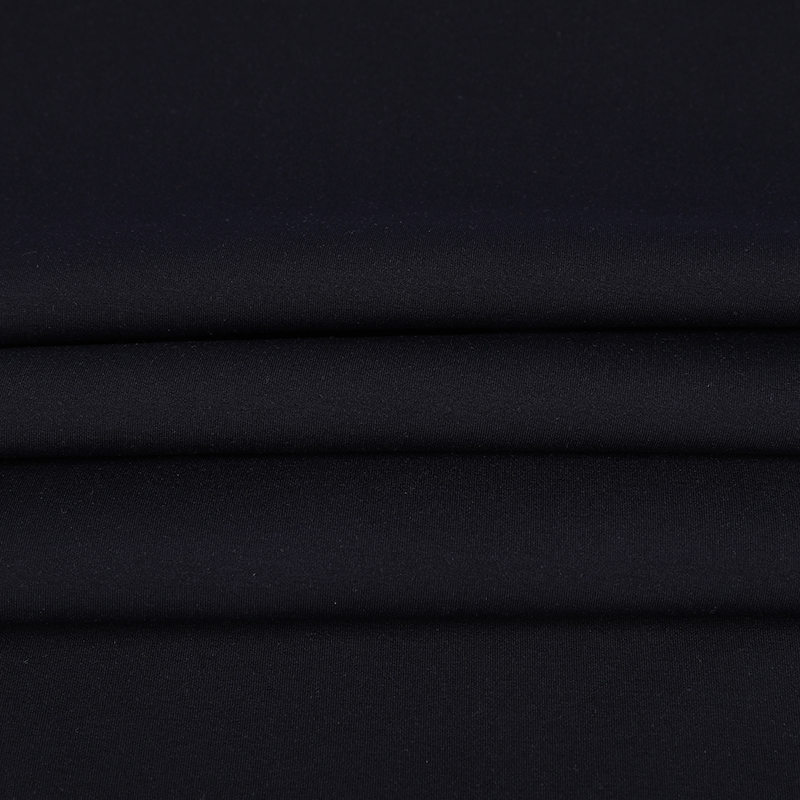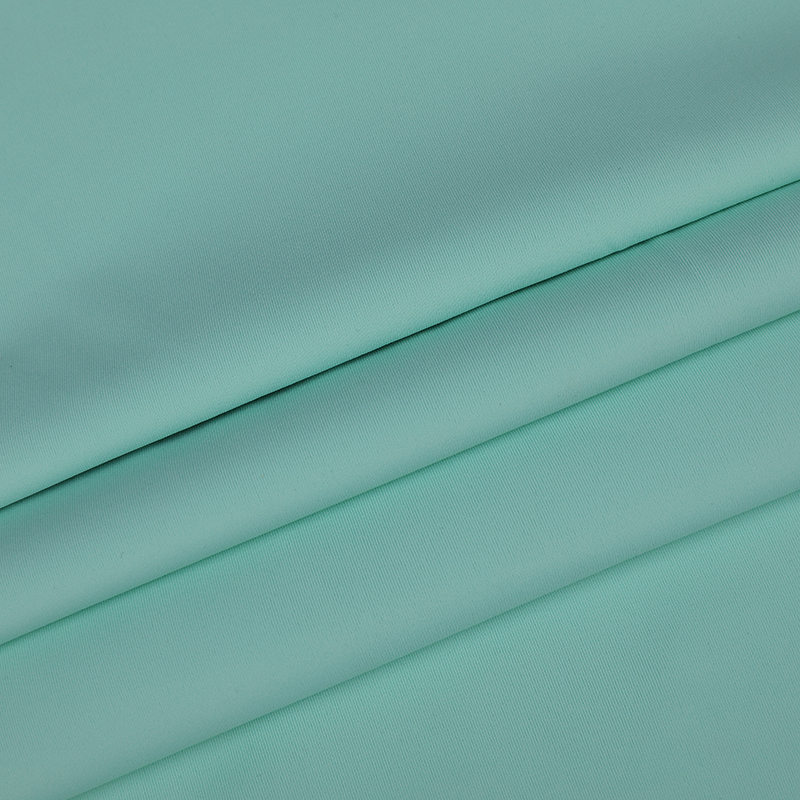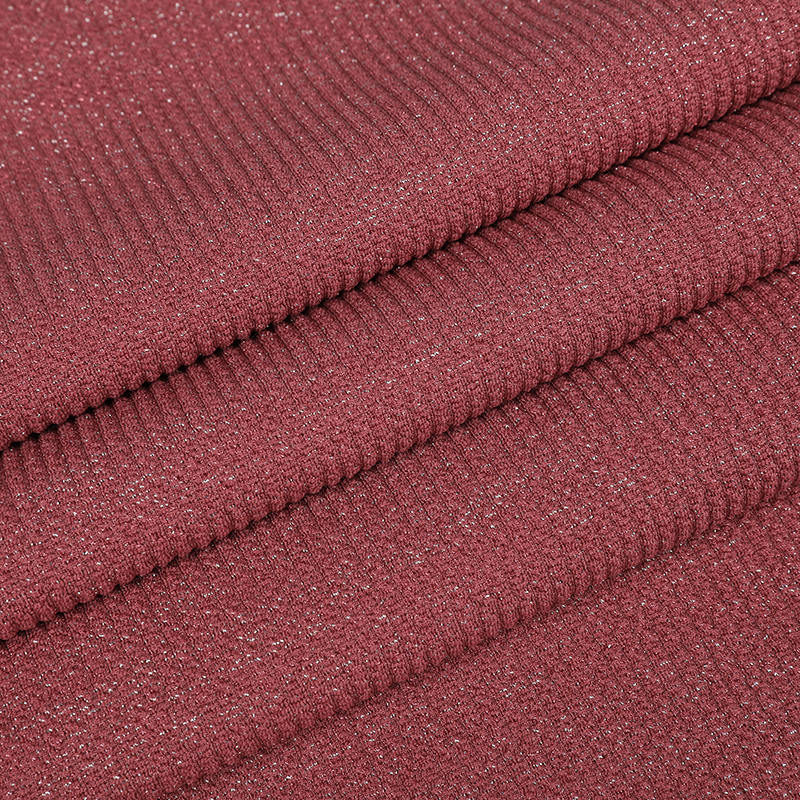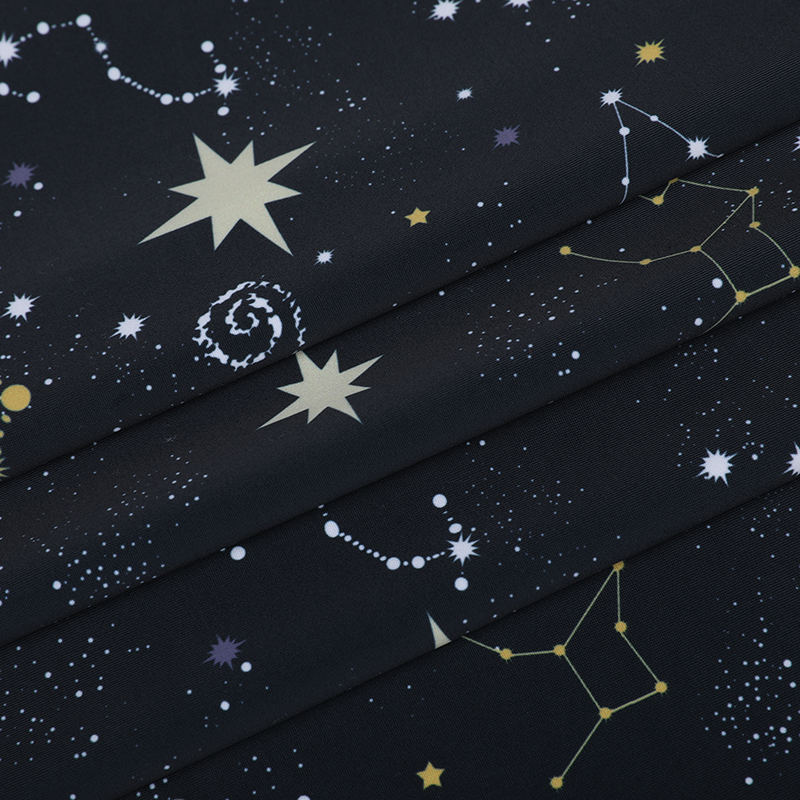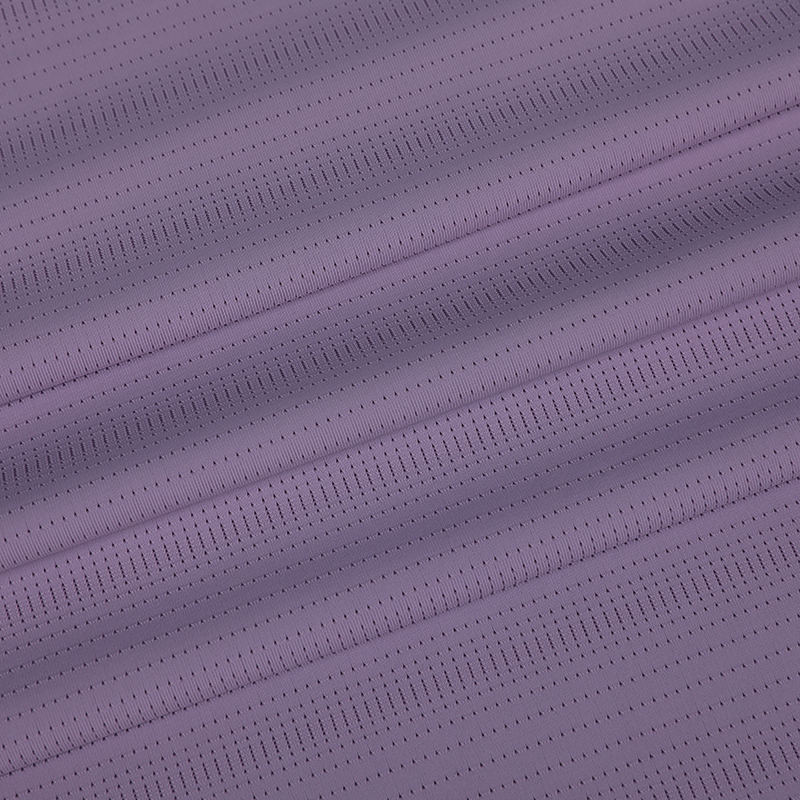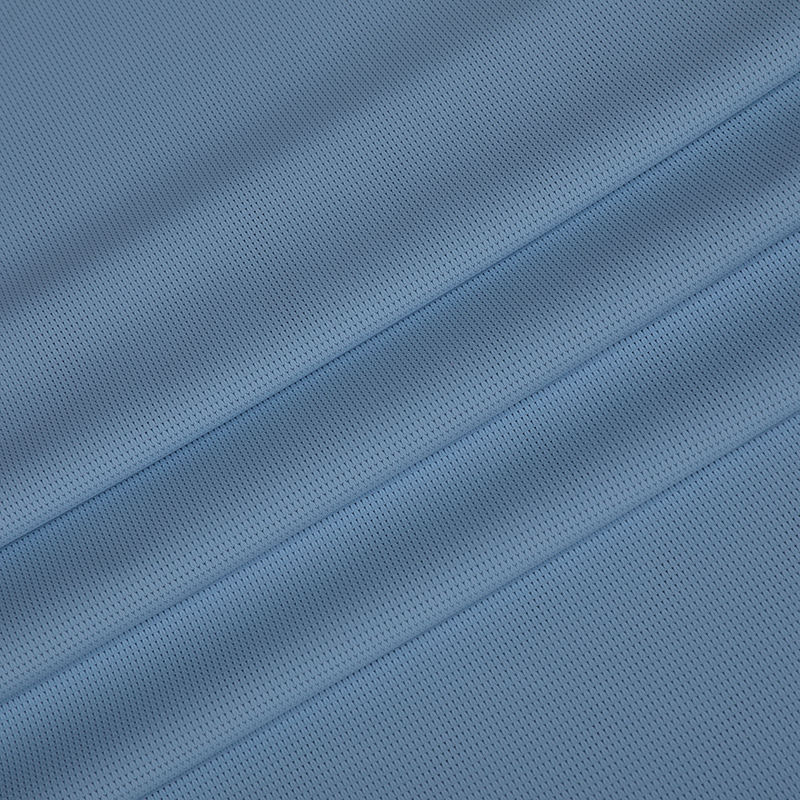Submit feedback
Why Choosing the Right Yoga Fitness Fabric Can Transform Your Workout?
2025-10-23
Introduction
In the world of yoga and fitness, the materials used in workout clothing play a critical role in overall performance and comfort. Choosing the right yoga fitness fabric can make a noticeable difference in flexibility, breathability, and moisture management. While many focus on style or fit, the underlying properties of the fabric often determine whether a workout feels effortless or restrictive.
The Importance of Fabric in Yoga and Fitness
Yoga and fitness exercises often involve prolonged movements, stretches, and poses that generate sweat and heat. Traditional fabrics may trap moisture, causing discomfort and distraction. On the other hand, yoga fitness fabric designed for performance ensures the body remains dry, cool, and comfortable throughout the session.
Key benefits of choosing the right yoga fabric include:
Enhanced flexibility and stretch
Improved breathability and airflow
Effective moisture management
Long-lasting comfort during intense workouts
These advantages directly contribute to better workout efficiency, reduced skin irritation, and an overall more enjoyable experience.
Moisture-Wicking: The Game-Changing Feature
Moisture-wicking is one of the critical features of yoga fitness fabric. Fabrics with moisture-wicking properties actively pull sweat away from the skin to the surface of the fabric, where it can evaporate quickly. This helps maintain a body temperature, prevents chafing, and reduces discomfort during yoga sessions.
How Moisture-Wicking Works
The process involves capillary action within the fibers of the fabric. Synthetic fibers like polyester blends are often engineered to enhance this action. Unlike traditional cotton, which absorbs sweat and retains it, moisture-wicking fabrics move liquid to the outer layer, keeping the skin dry.
Benefits of Moisture-Wicking Yoga Fitness Fabric
| Benefit | Description |
|---|---|
| Sweat Management | Draws sweat away from the skin to prevent dampness |
| Temperature Control | Evaporation of sweat helps maintain body temperature |
| Skin Comfort | Reduces friction and chafing during stretches |
| Hygiene | Limits bacterial growth caused by moisture accumulation |
This combination of benefits ensures that yoga practitioners can maintain focus, avoid distractions, and achieve deeper stretches and better postures.
Breathability and Airflow
Another essential feature of high-performance yoga fitness fabric is breathability. Breathable fabrics allow air to circulate, keeping the skin cool during intensive workouts. Breathability is especially important in hot yoga or high-intensity fitness sessions, where overheating can compromise performance.
| Fabric Type | Breathability Level | Ideal Use |
|---|---|---|
| Cotton-Spandex Blend | Moderate | Gentle yoga and daily wear |
| Bamboo Yoga Fabric | High | Hot yoga and outdoor sessions |
| Microfiber Polyester | High | Intensive gym workouts |
| Recycled Nylon | Moderate-High | Eco-conscious fitness clothing |
Integrating breathability with moisture-wicking properties creates the ultimate yoga fitness fabric that adapts to body movement and environmental conditions.
Stretch and Flexibility
Yoga requires clothing that moves seamlessly with the body. Stretchable yoga fitness fabric allows for unrestricted movement, essential for poses like downward dog, splits, and balancing sequences. Fabrics with high elasticity reduce the risk of tearing and provide better shape retention over time.
| Feature | Benefit |
|---|---|
| High Elasticity | Enables a full range of motion without restriction |
| Shape Retention | Maintains fit and structure after repeated use |
| Durability | Extends the life of yoga and fitness apparel |
When combined with moisture-wicking and breathable properties, stretchable fabrics provide a comprehensive solution for all yoga and fitness levels.
Eco-Friendly and Sustainable Options
Sustainability is becoming a significant factor in fabric selection. Eco-friendly yoga fitness fabric, such as recycled polyester or bamboo blends, offers the same performance benefits while minimizing environmental impact. Choosing sustainable fabrics ensures long-term environmental responsibility without compromising on comfort or function.
Key considerations for eco-friendly yoga fabrics include:
Renewable material sourcing
Reduced chemical treatment
Biodegradability or recyclability
By opting for sustainable options, fitness enthusiasts contribute to a healthier planet while enjoying advanced fabric technologies.
Choosing the Right Fabric for Your Needs
Not all yoga fitness fabrics are created equal. When selecting the ideal fabric, consider the following factors:
Intensity of Workout: Hot yoga and high-intensity workouts require fabrics with moisture-wicking and breathability.
Fabric Composition: Blends like cotton-spandex or bamboo-polyester balance comfort, stretch, and performance.
Personal Preferences: Some may prefer softer fabrics against the skin, while others prioritize quick-drying and durability.
Environmental Impact: Sustainable fabrics provide eco-friendly alternatives without sacrificing functionality.
Popular Yoga Fitness Fabric Options
| Fabric | Key Feature | Best Use |
|---|---|---|
| Polyester-Spandex Blend | High moisture-wicking, stretch | Intense workouts and hot yoga |
| Bamboo Fabric | Natural breathability, soft texture | Gentle yoga, eco-friendly preference |
| Cotton-Spandex Blend | Comfort, moderate moisture-wicking | Everyday yoga practice |
| Microfiber Polyester | Quick-dry, anti-odor | Gym and fitness enthusiasts |
| Recycled Nylon | Durable, eco-conscious | High-performance outdoor fitness |
Selecting the right fabric ensures that workouts are comfortable, productive, and aligned with personal and environmental values.
How Yoga Fitness Fabric Enhances Workout Performance
High-quality yoga fitness fabric affects performance in multiple ways:
Focus and Concentration: Moisture-wicking and breathable fabrics prevent distractions caused by sweat or overheating.
Enhanced Movement: Stretchable fabrics allow full range of motion, supporting more challenging poses.
Skin Health: Fabrics that reduce chafing and irritation protect the skin during extended sessions.
Confidence and Motivation: Wearing comfortable and well-fitting workout clothing encourages longer and more frequent practice.
The right yoga fitness fabric transforms a simple workout into a more immersive and effective experience, supporting both physical and mental well-being.
Conclusion
Selecting the appropriate yoga fitness fabric is more than a fashion choice—it is a key factor in achieving performance and comfort. Moisture-wicking properties, combined with breathability, stretch, and eco-friendly materials, create a fabric that supports all aspects of yoga and fitness practice. By understanding the unique characteristics and benefits of different fabrics, practitioners can enhance their workouts, protect their skin, and enjoy a more focused and satisfying experience.



 English
English 中文简体
中文简体 Español
Español 日本語
日本語

